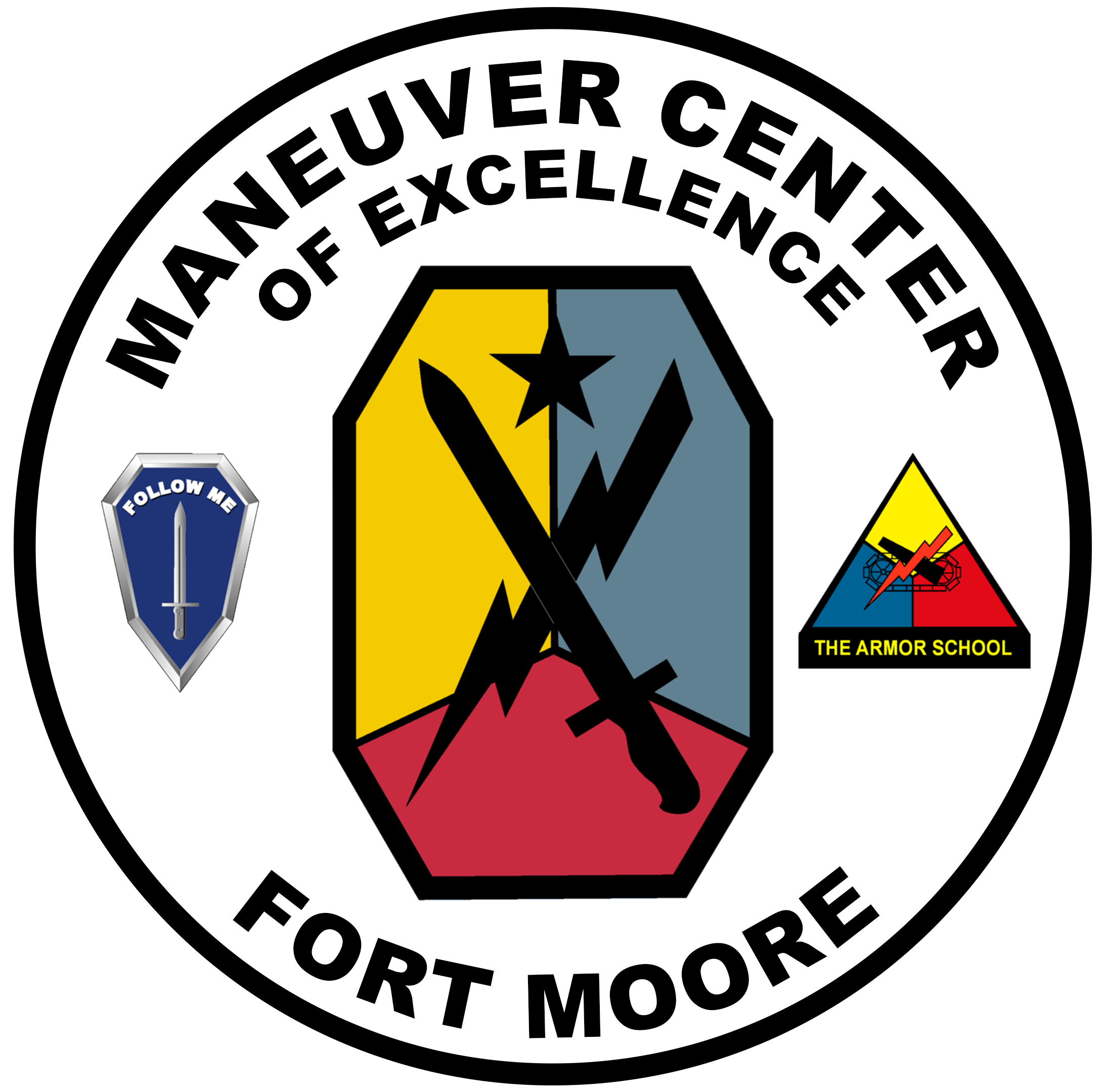Fort Benning
U.S. Army Fort Benning and The Maneuver Center of Excellence

MCoE Homepage
Community Information
US Army MCOE Facebook Page
Fort Benning supports state funeral of President James Earl Carter Jr.
FORT Benning, Ga. – Soldiers, civilians, and contractors from the Maneuver Center of Excellence and Fort Benning were assigned to Joint Task Force – National Capitol Region in support of the state funeral for President James Earl Carter Jr., from Jan. 1, 2025, to Jan. 9, 2025....
Read More









